How Long Will the Nationwide Strike Persist?
Subscribe to the topic
Post new topic
Sharing an interesting analysis / opinion of the issues at hand posted online recently:
Lasso breaks off negotiations following attack on truck convoy.
El Presidente agrees to resume talks.
Strike is over!
The document addresses a number of points:
* Cessation of the strike and return to their villages and homes of
the indigenous protesters
* Suspension of all acts that affect peace and public order
* Further reduction of the price of diesel and gasoline (not as much as wanted) with the proviso of work on subsidy policies to continue
* Repeal of the State of Exception
* Repeal Decree 95 regarding opening more Amazonian territory for pertoleum exploration and use
* Commencement of the reform of the law regarding the Territorial Especial Amazonia
* Reform of the Executive Decree 151 regarding the Plan of Action for the mining sector covering issues such as protected and ancestral territories, archaeological zones, hydrological protection, zones declared intangible and guaranteeing free and informed consultation with the indigenous
* Plus confirmmation of other promises made during the time of the Strike such as reduction of small bank loans, reduction in fertilizer costs, etc. - there are several items
* And the creation of a dialogue methodology to include the 4 signatory groups to further discuss these agreements and other points over a 90 day period and to guarantee the functioning of the country in relation to these points.
The document was signed off with the following words:
"We are willing to continue with the task of building a country of peace, of freedoms, of respect, of equality, where we can all reclaim ourselves (be vindicated)... today is not the end, it is the first day of this great dream for national reconciliation." words by the Minister of Government.
President Lasso, then said, “We have reached the supreme value to which we all aspire: peace in our country... now we begin together the task of transforming this peace into progress, well-being, and opportunities for all.”
As one can see this is but a step, but hopefully a momentous step towards a better country for all. I am aware that not all indigenous like this result but this should buy some time for the country to begin its recovery and for calmer assessments of what is really possible and needed to address the last 40 years of unheard indigenous concerns and issues.
Comments
Articles to help you in your expat project in Ecuador
 Food in Ecuador
Food in EcuadorWhat kind of food will you find in restaurants, cafes, and private homes in Ecuador? Many restaurants in Ecuador ...
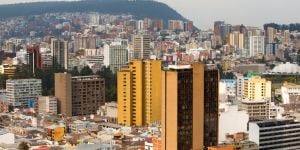 Opening a bank account in Ecuador
Opening a bank account in EcuadorA few years back, an expat would just breeze into an Ecuadorian bank, flash their passport and a bank account ...
 Healthcare in Ecuador
Healthcare in EcuadorEcuador, as a fast-developing nation, has laws that are constantly evolving, but one thing is certain: the ongoing ...
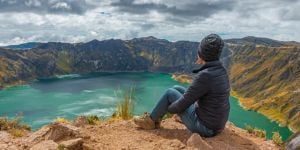 The Working Holiday Visa for Ecuador
The Working Holiday Visa for EcuadorEcuador is truly a paradise for adventure and nature lovers, and thanks to the Working Holiday Visa program, they ...
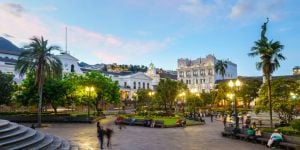 Work in Ecuador
Work in EcuadorEcuador is famous as a retirement haven. But you might not want to wait until retirement age to move there and ...
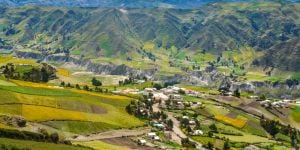 Family and children in Ecuador
Family and children in EcuadorFamily is everything to an Ecuadorian. The extended family unit is the most important aspect of life in Ecuador, ...
 Leisure activities in Ecuador
Leisure activities in EcuadorYou have made it to Ecuador, now what is there to do in your free time? A lifetime in Ecuador isn't enough time to ...
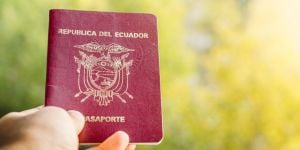 Permanent Residency in Ecuador
Permanent Residency in EcuadorEcuador is calling and you are ready to go and experience all that this gorgeous country has to offer. However, ...
Find more topics on the Ecuador forum



